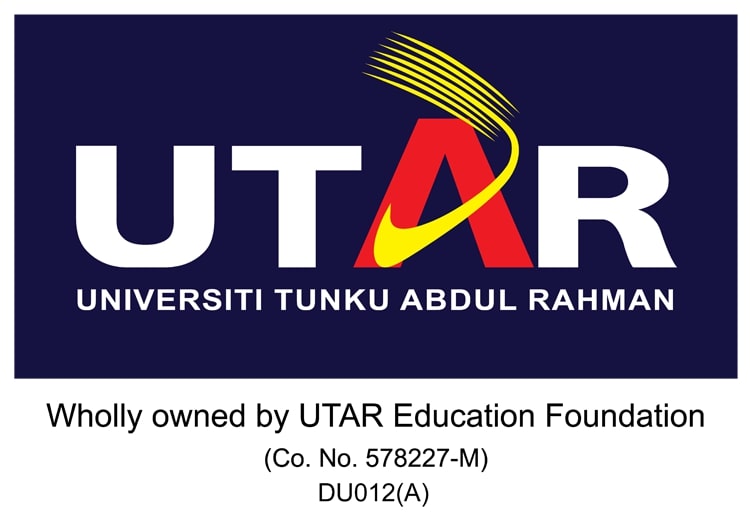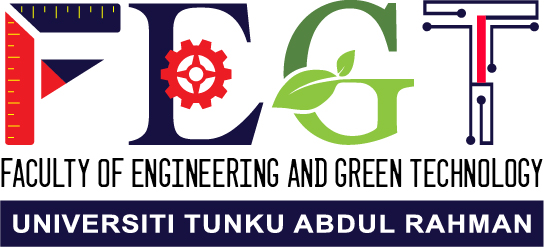Invited Speaker

Dr. M. D. Mathew
Professor, Department of Mechanical Engineering,Saintgits College of Engineering (Autonomous), Kottayam, India
Speech Title: Characterizing Strength of Materials Using Small Scale Mechanical Tests
Abstract: Tensile, creep, fatigue and impact properties of materials are necessary for design of components, assessment of their structural integrity during service, and extension of life of components. These mechanical properties are usually evaluated by conducting tests using standard specimens and in accordance with testing procedures which are recommended by national or international standards. A relatively large quantity of material is required to generate sufficient data to characterize the mechanical properties of materials, and to generate design curves. While this may not be a serious issue for generating data with existing materials, large quantity of material will not be available for evaluating properties of newly developed materials or components in service without compromising the integrity of component. Innovations in miniaturized testing techniques, also called small scale mechanical testing, have been therefore developed to characterize mechanical properties of materials. Impression Creep, Small Punch Creep and Ball Indentation are three major innovative small scale testing methods which can be used to determine tensile and creep strength of materials.
Ball Indentation test is used for evaluation of tensile properties and fracture toughness of materials at high temperatures as well as at cryogenic temperatures. The test involves strain-controlled multiple indentations followed by partial unloading which are made at a single penetration location on a polished surface of a material using a spherical indenter. A combination of elasticity and plasticity theories, and semi-empirical relationships which govern material behavior under multiaxial indentation loading, are applied to derive the true stress-true strain curve from the load-depth of penetration data, and the tensile properties are evaluated.
Impression creep test is used to determine creep deformation behavior of materials. In impression creep test, a constant compressive load is applied to a flat specimen using a cylindrical indenter having a flat end. The depth of penetration of the indenter in the material is continuously measured as a function of time to understand its creep deformation behavior and generate the creep parameters. Small Punch Creep test is used to evaluate creep deformation and fracture properties of materials using a small thin specimen which is subjected to a constant load at high temperature using a spherical ball indenter made of ceramic material. The bending deflection of the specimen is measured continuously as a function of time till the sample undergoes fracture.
Being material non-intensive, these testing methods have applications in materials development, structural integrity assessment for life extension of components, and characterization of mechanical properties of different narrow microstructural zones in weld joints. This paper reviews the results of detailed studies carried out using these three small scale testing techniques, and discusses their relative advantages and limitations.
Keywords: Creep, ball indentation, impression creep, small punch creep.
Biography: Dr. M. D. Mathew, during his research career at Indira Gandhi Centre for Atomic Research, under the Department of Atomic Energy, Government of India, spanning over 35 years, made several major contributions for the development of fast breeder and fusion reactor technologies in India. His research work led to the indigenous development of many advanced materials for critical applications in nuclear reactors.
Dr. Mathew is a graduate in Metallurgical Engineering, postgraduate in Physics, postgraduate in Business Administration, and doctorate in Physics-Metallurgy interdisciplinary. He has published 215 research papers in national and international journals, presented over 100 research papers in national and international conferences, and published several books and book chapters. He is currently an Editor/ Key Reader/Reviewer of 17 international journals.
He is ranked among the top 2% Scientists in the World by Stanford University, USA, successively in the years 2020, 2021, 2022 and 2023. He received Asia's Outstanding Researcher Award, AIRA 2023, in recognition of his contributions in the field of nuclear energy for reducing global warming. He is also a Program Evaluator of the Accreditation Board for Engineering and Technology (ABET), USA. He is a Fellow of The India Institute of Metals, Fellow of The Institution of Engineers (India), Fellow of the Indian Institute of Welding, member of The Minerals, Metals and Materials Society, USA, member of Global Engineering Deans Council, USA, and life member of several professional bodies in India. He has received research fellowships from several countries including Japan, S. Korea, Germany and USA where he carried out research work at major nuclear research centres, and universities.
Dr. M. D. Mathew is currently a Professor in the Department of Mechanical Engineering, and Research Dean at Saintgits College of Engineering, and Associate Provost, Saintgits Group of Institutions, Kerala, India.


